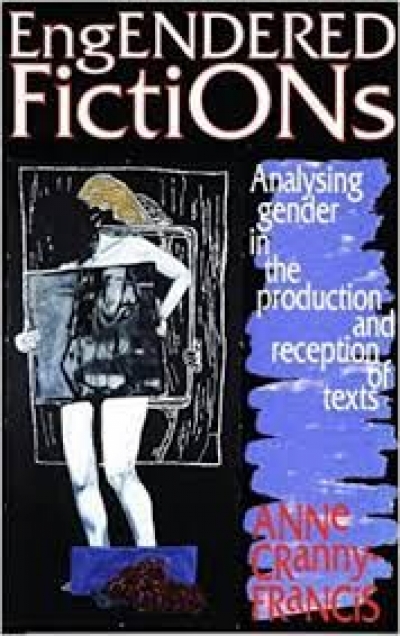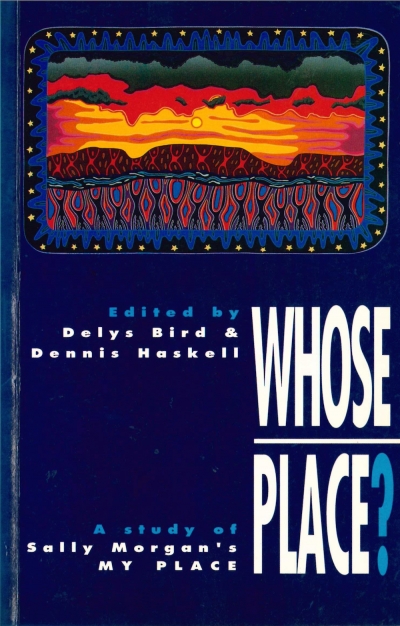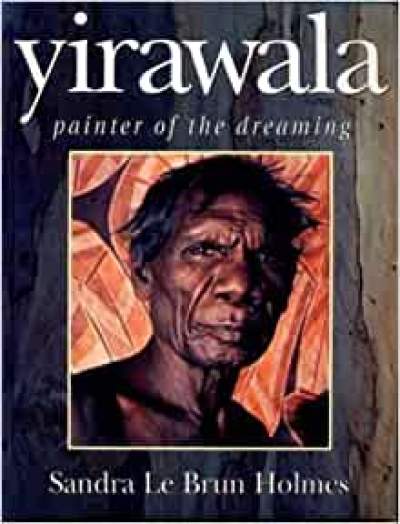Archive
Engendered Fictions: Analysing gender in the production and reception of texts by Anne Cranny-Francis
Sojourners: The epic story of China’s centuries-old relationship with Australia by Eric Rolls
Whose Place?: A study of Sally Morgan’s My Place edited by Delys Bird and Dennis Haskell
John Hanrahan reviews 'A.D. Hope' by Kevin Hart, 'James McAuley' by Lyn McCredden, 'Peter Porter' by Peter Steele, 'Reconnoitres' edited by Margaret Harris & Elizabeth Webby, 'Annals of Australian Literature' edited by Joy Hooton & Harry Heseltine
Oxford University Press has begun a welcome series called Australian Writers. Two further titles, Imre Salusinszky on Gerald Murnane and Ivor Indyk on David Malouf, will appear in March 1993, and eleven more books are in preparation. Though I find the first three uneven in quality, they make a very promising start to a series. In some ways they resemble Oliver and Boyd’s excellent series, Writers and Critics, even being of about the same length. However this new series is less elementary, more demanding of the reader. It is, predictably, far sparser in critical evaluation, concentrating on hermeneutics, and biographical information is as rare as a wombat waltz.
... (read more)Wilderness: The writer’s landscape, volume I by Suzanne Falkiner
Chasing Mammon: Travels in the Pursuit of Money by Douglas Kennedy
There have been three years now of ‘Australian Voices’, but when in all that time have you heard a voice? The metonymic use of the word ‘voice’ to mean ‘way of using language’ has become so familiar we forget it’s figurative. But as far as sensory experience is concerned, reading this series has been about the look of typeface, the feel of paper; the only noise has been the turning of the pages. We’ve heard Australian voices in silence.
... (read more)








